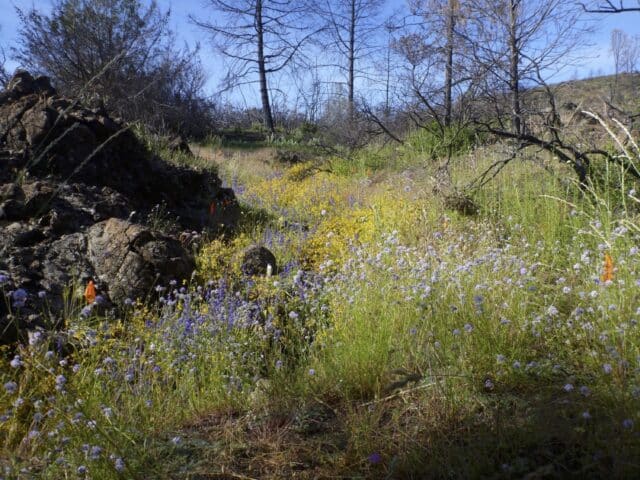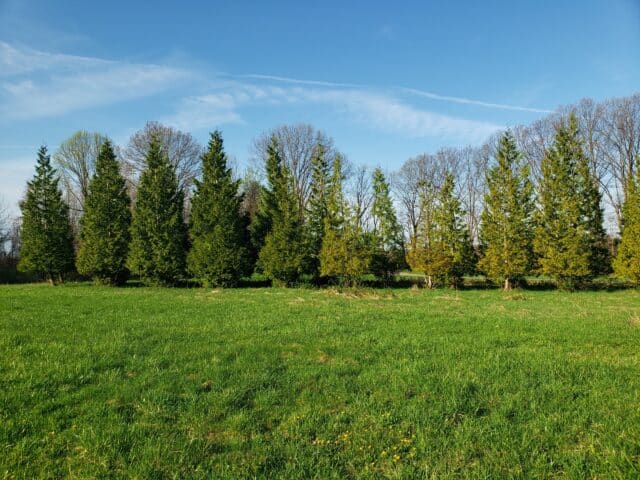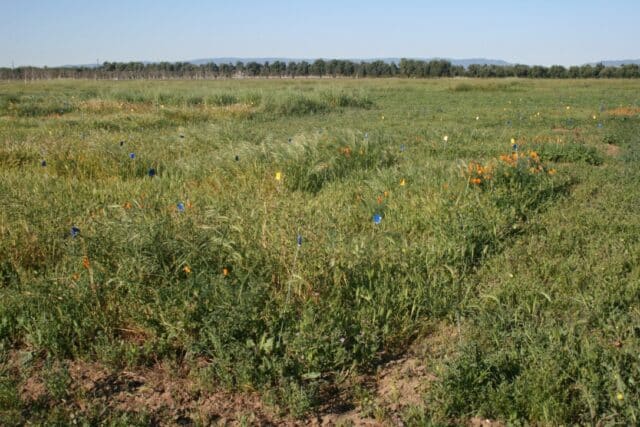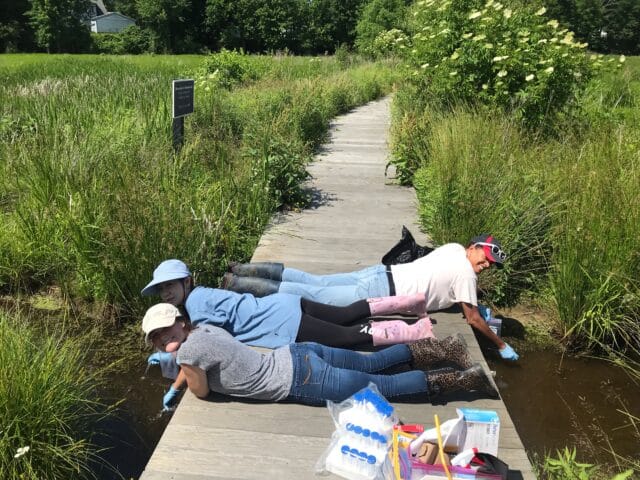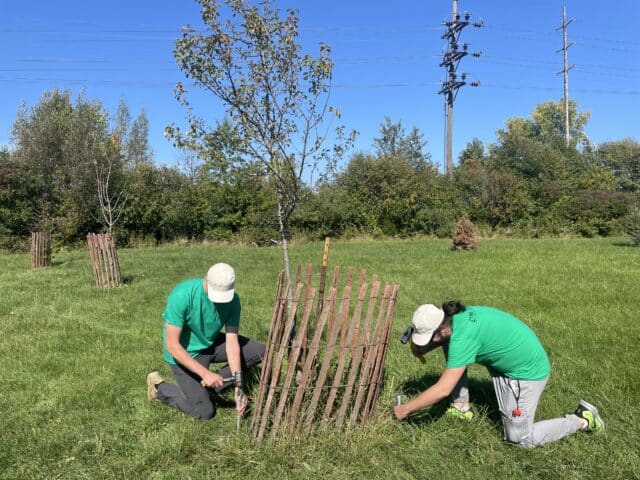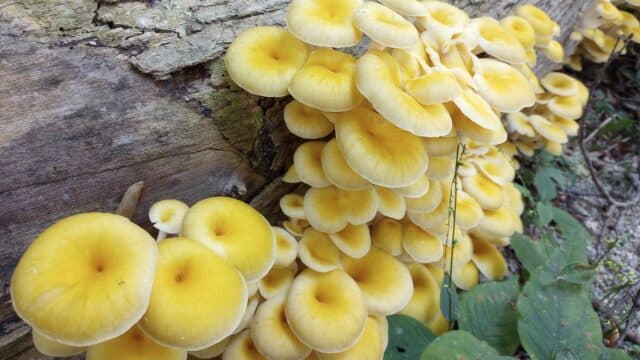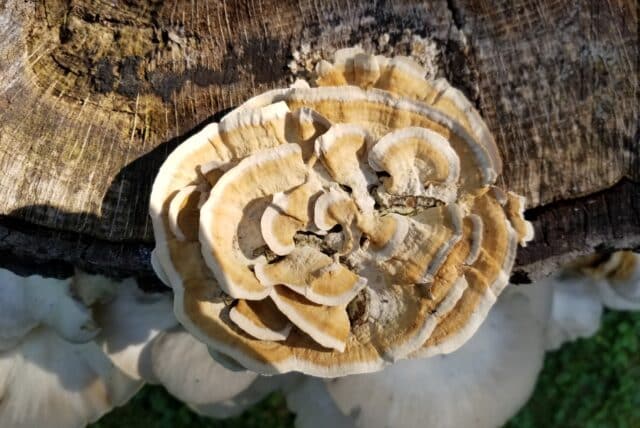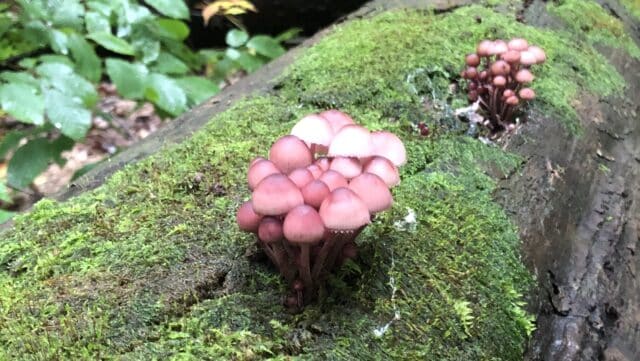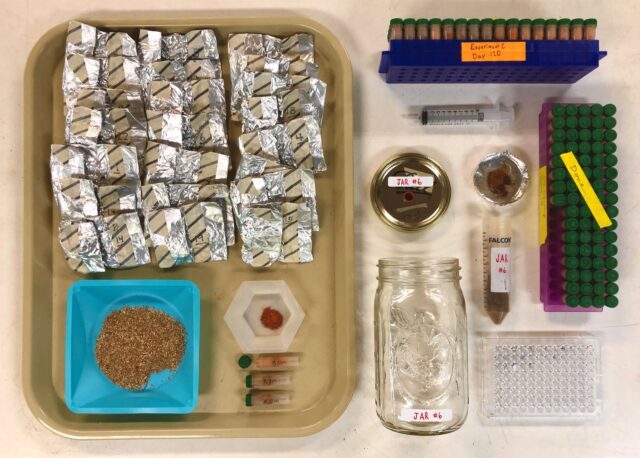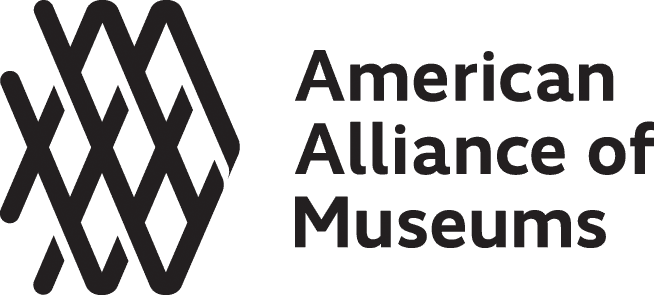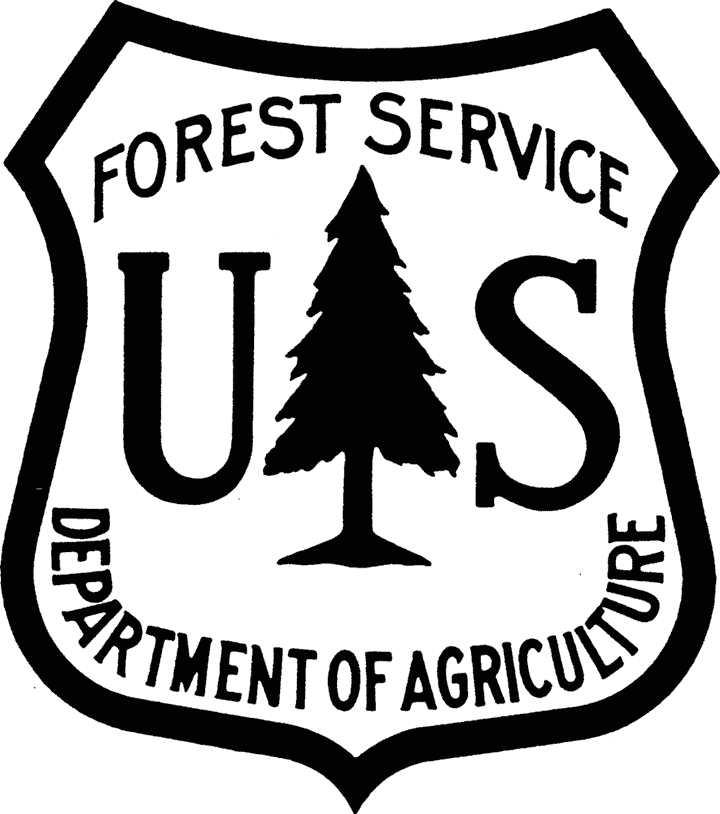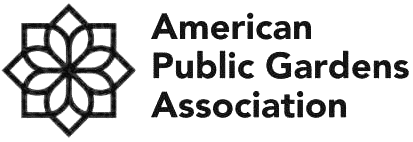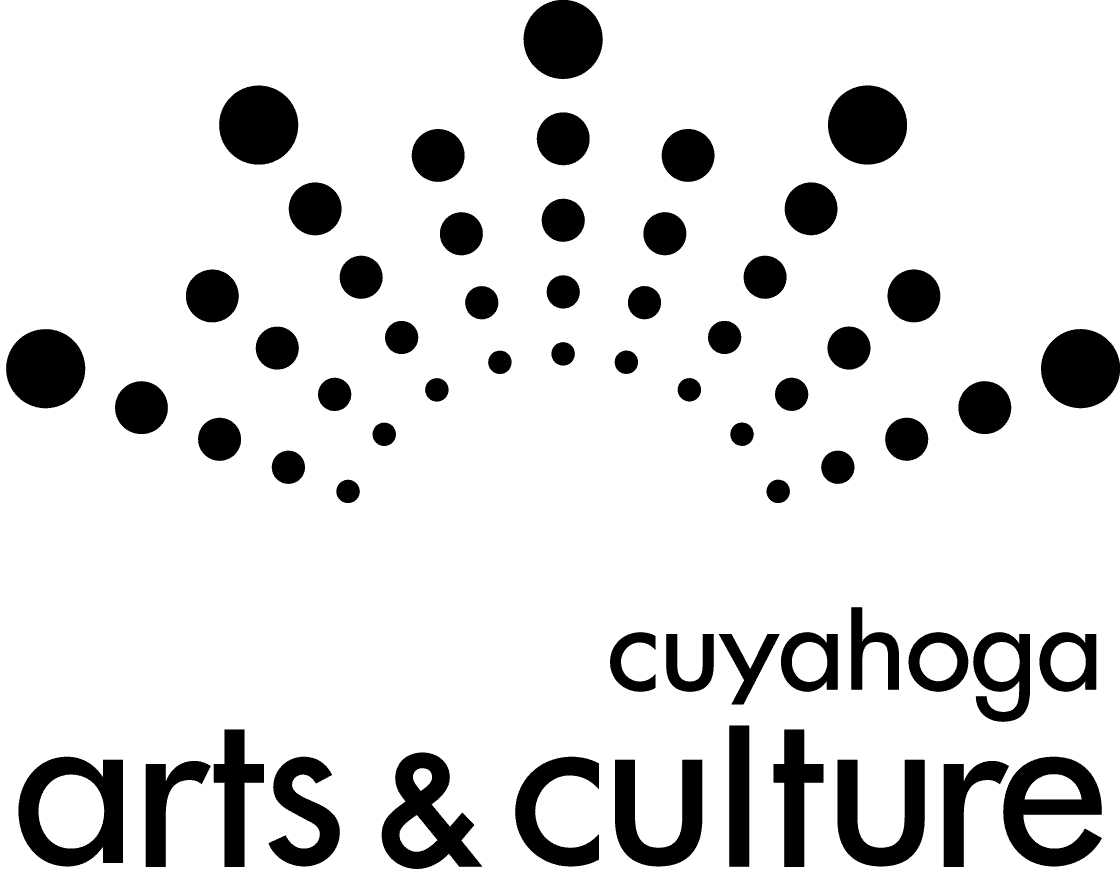
By Rachel Kappler, Great Lakes Basin Forest Health Collaborative (GLB FHC) Coordinator
Holden research launched a new initiative this year to help conserve eastern hemlocks. The Great Lakes Basin Forest Health Collaborative (GLB FHC) brings together the US Forest Service Northern Research Station in Ohio and the New Jersey Forest Service with Holden to focus on breeding eastern hemlock trees for resistance to pests. The team is working on how to best propagate hemlock trees, including ways to encourage the trees to flower and seed faster. They’ve been collecting seeds from wild populations of trees that appear to be resistant to the pests. The research collaborative is also working to develop new methods for assessing how resistant these hemlocks are to pests like hemlock woolly adelgid. This is a key component, since it will not only quantify how well different trees can fight off the pests, but also reveal whether the resistance is caused by heritable genetic traits that can be improved through tree breeding.
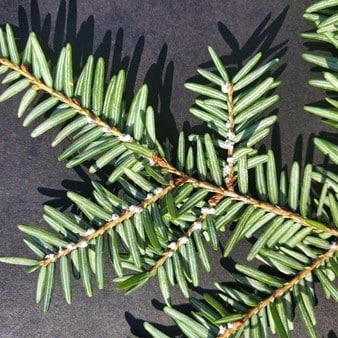
GLB FHC coordinator Rachel Kappler recently welcomed the arrival of 1,000 hemlock seedlings from New Jersey to embark on this work. This batch of “containerized trees” is promising–they come from a population of trees that have remained healthy in an area that’s had known hemlock woolly adelgid problems for 40 years.
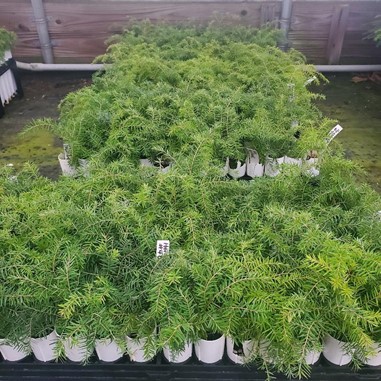
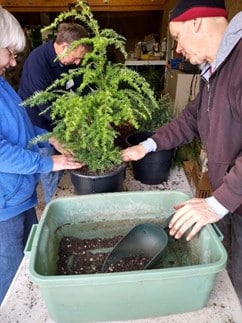
This research will help improve our ability to assess those eastern hemlock trees that stay healthy even under pest infestation. In the future our hope is to have the ability to breed pest resistant characteristics into eastern hemlock populations, preserving these valuable trees into the future.
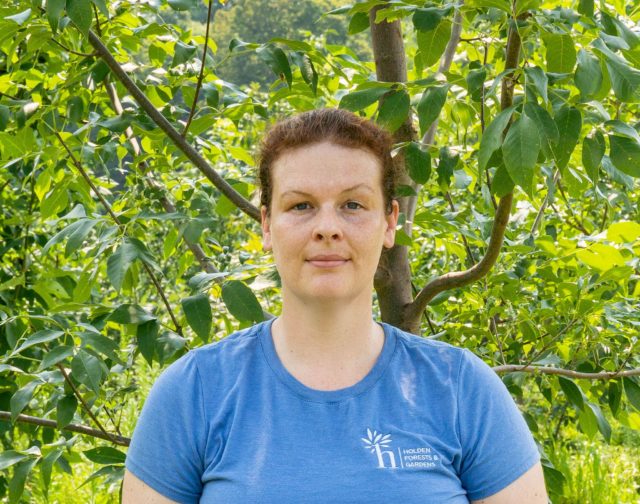
Rachel Kappler
Great Lakes Basin Forest Health Collaborative (GLB FHC) Coordinator
Rachel Kappler is the coordinator for partners of the Great Lakes Basin Forest Health Collaborative. She helps facilitate partners tree activities for pest-resistance breeding in current priority species, ash, American beech, and eastern hemlock. She also hosts workshops, webinars, and training for partners to help them achieve their forest health goals.
